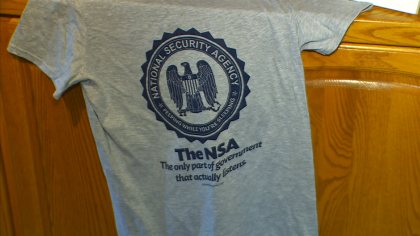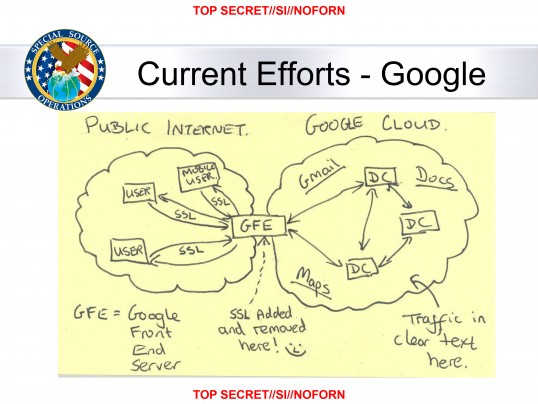Terrific Salon.com piece by Andrew O’Hehir.
As Nobel-winning economist Joseph Stiglitz recently noted, census data reveals that men with high-school diplomas but without college degrees earn about 40 percent less today (in real terms) than they did in the 1970s. Obama didn’t do that; capitalism did.
Stiglitz concluded his essay on inequality – which argued that it was a political choice, rather than the inevitable result of macroeconomic forces – by writing that he saw us “entering a world divided not just between the haves and have-nots, but also between those countries that do nothing about it, and those that do. Some countries will be successful in creating shared prosperity — the only kind of prosperity that I believe is truly sustainable. Others will let inequality run amok.” Which kind of country do we live in?
As far as the US is concerned, you know the answer. And I don’t think the answer for the UK is much different.
“How long will it take us to understand”, asks O’Hehir,
that the entire neoliberal project – the puritanical mania for cutting taxes, cutting social services and cutting budget deficits that has dominated the Western world’s economy for more than 30 years – has been a disaster? And guess what, liberals: You don’t get to point the finger at Ronald Reagan, Maggie Thatcher and Milton Friedman and claim it was all their fault. The reformist center-left, whether it took the form of Bill Clinton and the “New Democrats,” Tony Blair and “New Labor” or the watered-down social-democratic parties of Europe, has enthusiastically rebranded itself as a servant of global capital. If you were genuinely surprised that the Obama administration loaded itself up with Wall Street insiders, or that it failed to punish anyone for the massive criminal scheme that resulted in the 2008 financial collapse, you haven’t been paying attention.
The thing is: inequality is not a bug in the neoliberal system — it’s a feature. It’s not a sign of a defect in the system, but an indication that it’s working perfectly/


